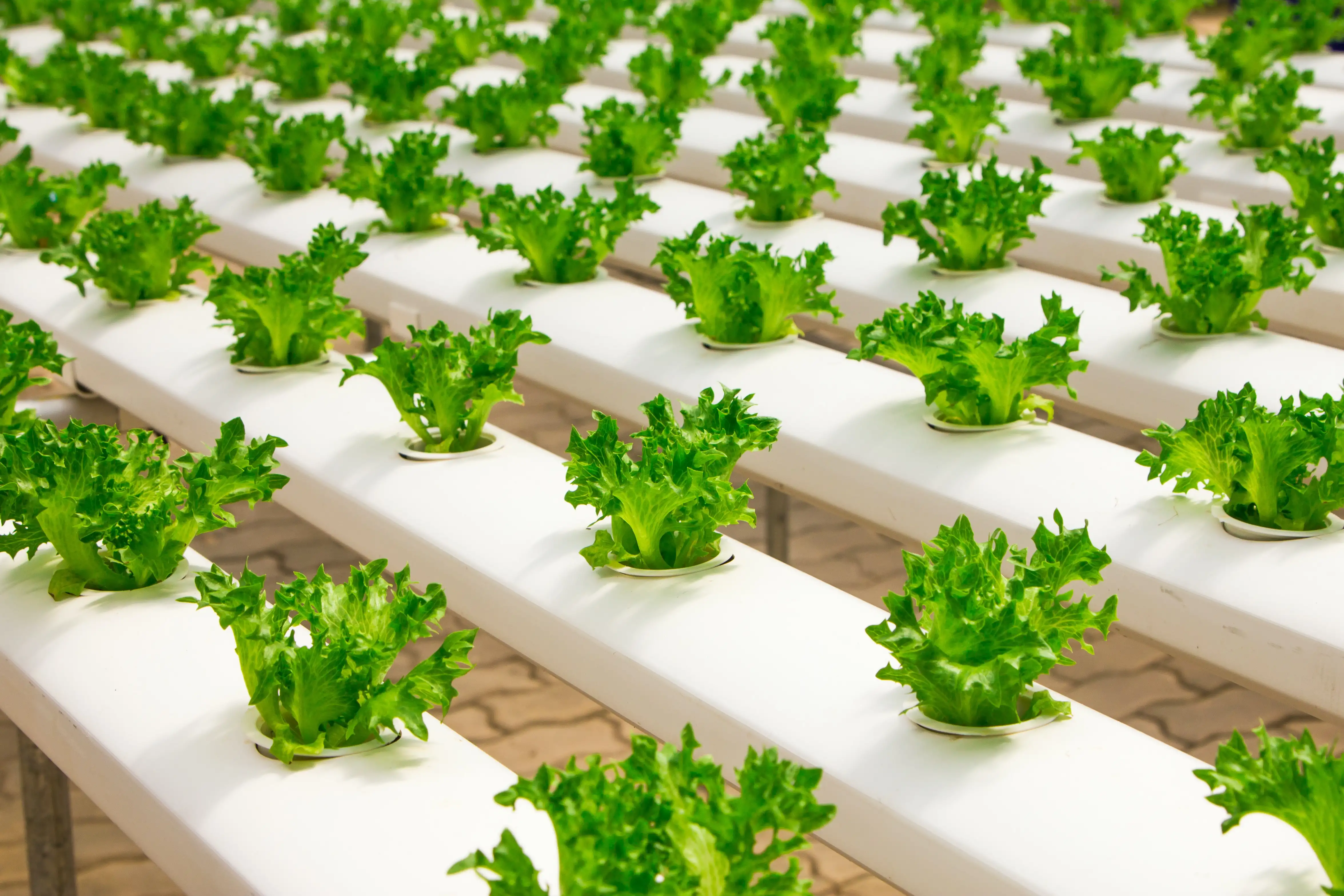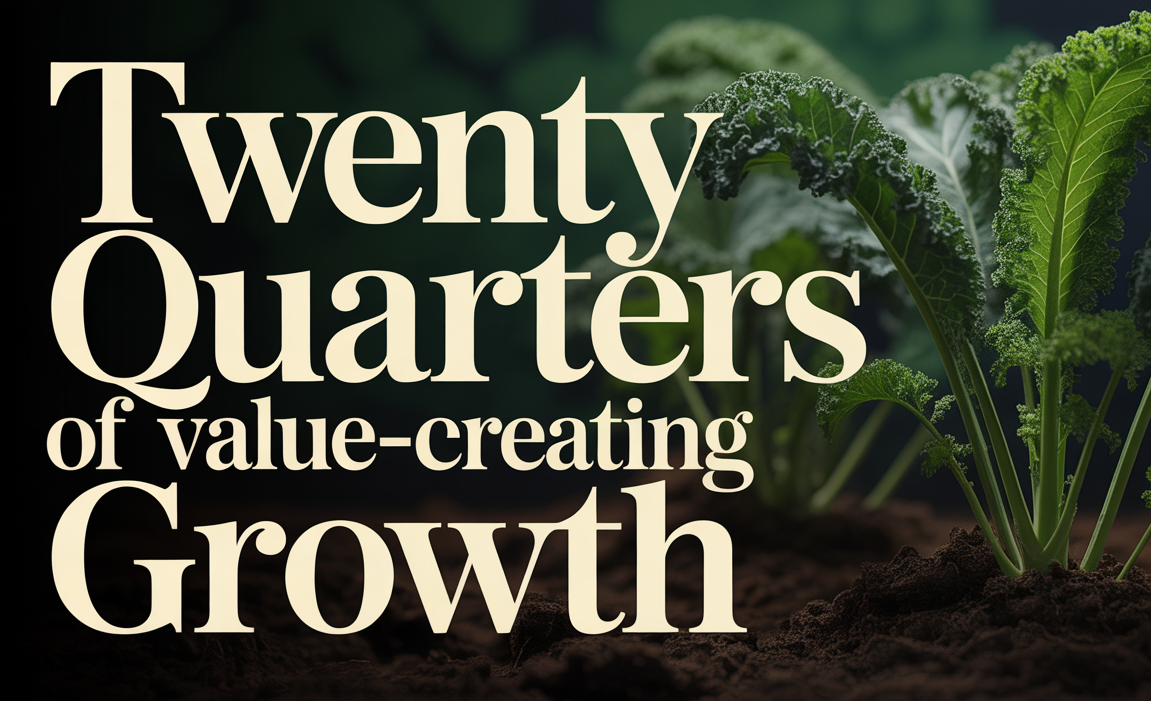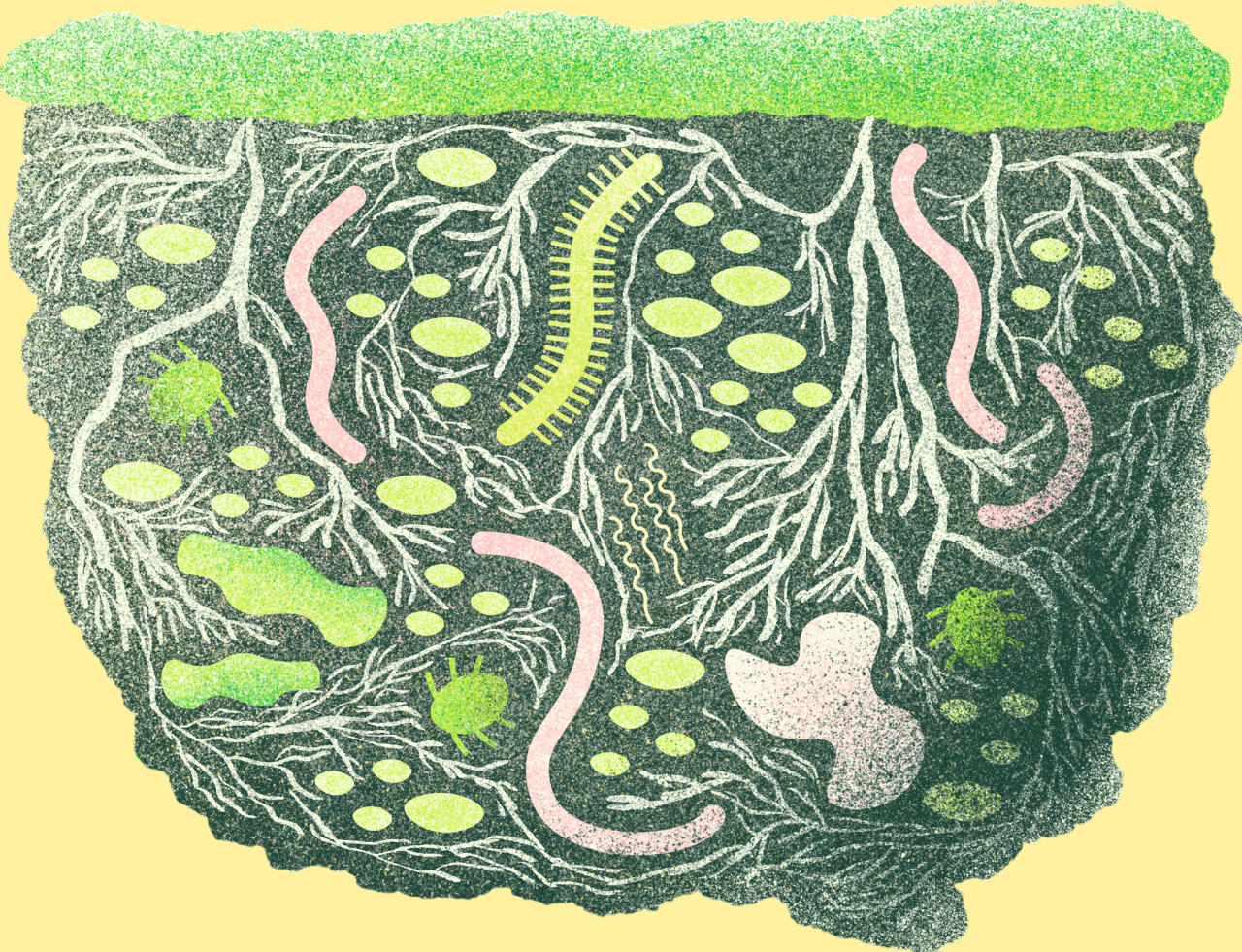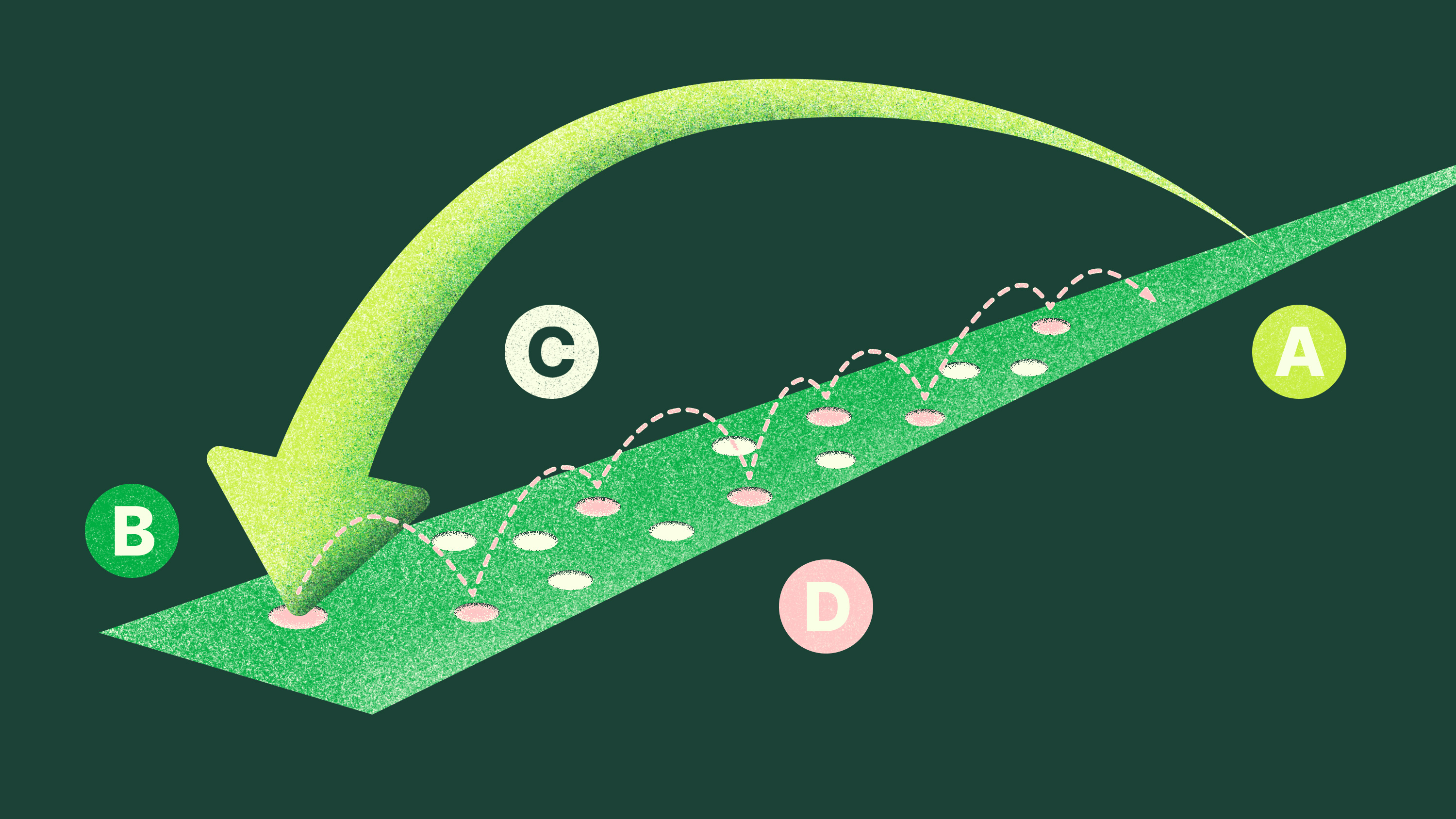Stories

May 27, 2025
Ag-Robotics: The Next Frontier in Farm Automation
Ag-robotics holds tremendous promise for the green transformation of food systems by enhancing sustainability and productivity. Innovations such as robots with advanced sensors and AI enable the precise application of fertilizers and pesticides, while robotic weeders and laser systems minimize the need for herbicides, protecting biodiversity. Advanced robotic irrigation can cut water use by over 90%, and autonomous electric machines reduce carbon emissions. Autonomous machines can also be lighter, reducing soil compaction. Robotic systems support soil health through reduced tillage and enable data-driven, sustainable farm management. As labor shortages and sustainability demands intensify, ag robotics is poised to unlock a $100B+ market by 2035. However, despite these significant benefits, widespread adoption faces serious barriers, and the true potential will only be realized by understanding where automation truly creates value.

May 22, 2025
Twenty quarters of value-creating growth
Investing in the Green Transformation of Agrifood: Five Years of Progress, and a Call to Action

April 16, 2025
Irrigation: Addressing Water Stress in Agriculture
Wait, hasn’t irrigation already been solved? After all, it was invented by Sumerians of ancient Mesopotamia, modern-day Iraq, around 6000 BCE. They developed one of the earliest known irrigation systems using canals, dikes, and reservoirs to manage water from the Tigris and Euphrates Rivers, enabling large-scale agriculture in an otherwise arid region. This innovation played a crucial role in the growth of early civilizations. Still, there are massive investments in irrigation ahead of us, providing opportunities especially for private equity and infrastructure funds.

February 3, 2025
AgreenaCarbon Project registered on Verra: A Landmark Achievement in Regenerative Agriculture
In January 2025, the AgreenaCarbon Project reached a significant milestone by becoming the first large-scale agricultural cropland project registered under Verra's Verified Carbon Standard (VCS) VM0042 methodology for Improved Agricultural Land Management. This achievement marks a pivotal moment for the regenerative agriculture movement and the soil carbon sector, steering much-needed carbon finance to European farmers.

November 13, 2024
Upcycled Food: Making the most of what we already have
In recent years, upcycling has emerged as a promising avenue to combat food waste, offering innovative ways to turn discarded food into new products. As the global population grows and resources become scarcer, finding solutions to food waste is essential. Upcycling addresses the problem by repurposing food that would otherwise be wasted, creating triple benefits of reducing environmental impacts, improving food security, and creating value from waste. However, while the potential benefit is vast, the journey toward widespread production and adoption of upcycled food faces significant practical challenges. During 2024 Gullspång Re:food, Novax, and PolarVentures collaborated on project Stardust to map global technologies for upcycling with Nordic side streams.

November 7, 2024
Food is Investable: Here's how
Read our report, Food is Investable, on why venture capital, private equity, and infrastructure funds should consider agrifood in their investment strategies.
Despite the agrifood sector’s critical role in sustaining life and driving 12% of global GDP, it punches below its weight in capital allocation. In 2023, agrifood was only 2% of private equity’s total assets under management and received only 5.5% of global venture capital. From a climate perspective, it’s even more underinvested. Agrifood emits 26% of GHG emissions but attracts just 1.3% of climate-focused private capital. This is concerning, given the sector’s potential for massive impact and financial returns. Food Is Investable, developed with ADAM Partners, gives you a Treasure Map as an overview of relevant investment segments in agrifood across different asset classes.
.webp)
August 30, 2024
Controlled Environment Agriculture: Opportunities and Challenges for Investors
Controlled Environment Agriculture (CEA): a few years ago, Vertical Farms was one of the hottest segments for food & ag venture investors. Companies like Bowery Farms and AeroFarms closed late-stage growth rounds with hundreds of millions of dollars of VC funding, AppHarvest went public at $1bn+ valuation via a SPAC merger, and global scale seemed all but inevitable for the segments’ leaders. However, as inflation and interest rates rose in 2022 and 2023, investors turned away from the sector, and companies began to struggle and even go bankrupt. The narrative shifted. Now, profitability is at the top of investors’ minds, not growth, and questions remain about the fundamental viability of the space. We dug into the segment to understand where value might lie today.

June 7, 2024
The Sweet Revolution: Exploring Sugar Replacements for a Healthier Future
In a world where sweet treats are almost impossible to resist, the overconsumption of sugar has become a significant public health issue. Linked to numerous health problems that impact a quarter of the global adult population, sugar is more than just an indulgence—it's a health hazard. We don’t need to go completely sugar-free – limiting sugar intake to the World Health Organization's recommendation of less than 10% of total energy intake, with further benefits from reducing below 5%, would significantly reduce the negative impacts of sugar-induced health and dental diseases. However, average sugar consumption is about 22kg per year, which is twelve times higher than the 5% recommendation – and it is rising. Breaking the sugar habit is easier said than done, but don’t despair just yet. With sugar replacements, it is possible to create indulgences to die for that don’t kill us.

April 26, 2024
Greening Ammonia Production: There are No Silver Bullets in Systems Transformation
The production of synthetic ammonia, a precursor to nitrogen fertilizer, generates two tons of carbon dioxide equivalent per ton of usable ammonia and is responsible for 1-2% of global greenhouse gas emissions. At the same time, greening this production process could benefit industries beyond agriculture. However, there are negative impacts associated with nitrogen fertilizers that green ammonia does not address, and we must be cautious that ammonia production doesn’t become a red herring in the sustainable fertilizer transition. We dug into the green ammonia space and summarized our key findings and takeaways.

March 6, 2024
Save the Bees: Harvesting Insights from our Deep Dive into Pollination Tech
Pollinators are essential to the food system, but modern agricultural practices threaten wild pollinators and domesticated honeybees alike. Innovative startups are addressing this with smart technologies in an attempt to guarantee our future food supply. But do any of these innovations hold promise? We did a deep dive to find out. Read on for some more background information, three insights from our research, and our thoughts on the future of pollination.

September 7, 2023
Our Theory of Transformation
When pioneering startups secure backing from seasoned, long-term investors with experience in crafting robust businesses, they have the potential to reshape entire value chains radically and become category leaders in a more sustainable industry. When those same investors build an investment approach that incorporates deep research and systems thinking, and invest in companies at multiple systemic leverage points, they have the potential to transform entire industries and even the global economy.

September 7, 2023
Karl-Henrik Robèrt on the Framework for Strategic Sustainable Development
The Framework for Strategic Sustainable Development (FSSD) underpins Re:food’s approach to investing. It is the structure we used to plan out where to focus our sourcing and investing efforts. We caught up with Karl-Henrik Robèrt, a world-renowned sustainability pioneer, the founder of The Natural Step, and one of the creators of the FSSD. He gave us his thoughts on the framework (which he describes as the Operating System for sustainable development) and his guidance for organizations applying it to develop or improve their sustainable development programs.